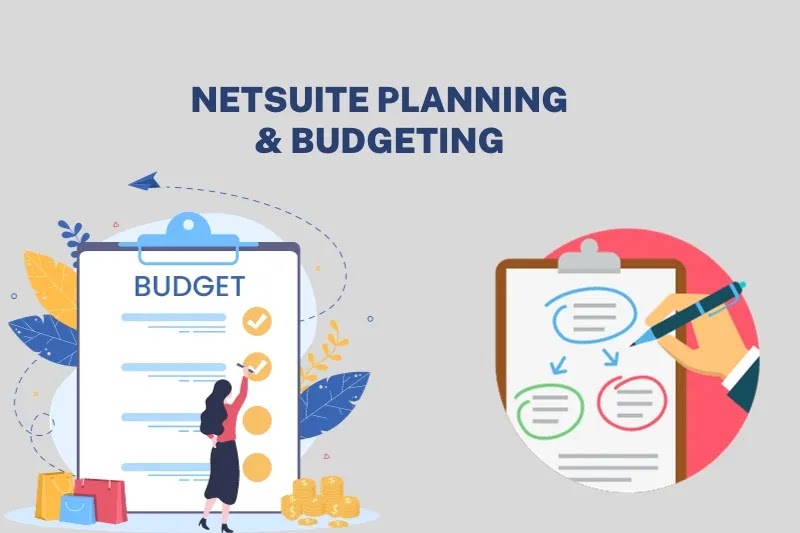Introduction:
Financial Planning Month, marked every October, offers a priceless chance to improve your financial well-being. In this thorough guide, we’ll explore the importance of this observance and provide practical tips on how to handle the complicated world of financial planning.
What is Financial Planning Month, and Why Is It Important?
Financial Planning Month serves as a warning to people and families about the important part of financial planning in achieving their goals. It’s a dedicated time to:
- Reflect on your present cash situation.
- Set future financial goals.
- Chart a road toward financial security.
A well-thought-out financial plan can make the difference between financial stress and financial peace. It enables you to take control of your funds, make educated choices, and achieve your dreams.
How to Create a Financial Plan
Creating a business plan includes several key steps:
- Assess Your Current Situation: Understand your income, spending, assets, and responsibilities.
- Set Goals: Define short-term and long-term income goals.
- Budgeting: Develop a budget to handle your income and spending.
- Investment Planning: Explore investment choices to help your money grow.
- Tax Planning: Minimize your tax responsibilities through smart planning.
- Estate Planning: Ensure your assets are divided as you wish.
- Insurance Planning: Protect yourself and your loved ones with proper insurance.
Different Types of Financial Planning
- Financial planning isn’t one-size-fits-all. It includes different types, including:
- Retirement Planning: Securing your financial future after you stop working
- business planning: making smart business choices.
- Tax Planning: Strategically handling your tax responsibilities
- Estate Planning: Preparing for the Transfer of Your Belongings
- Insurance Planning: Safeguarding Your Financial Security
Financial Planning Tips for Different Life Stages
Financial planning needs to change based on your life stage. Here are some financial planning tips for different life stages:
Young adults: Young adults should focus on saving money and paying off debt. They should also start thinking about their retirement plans.
Middle-aged adults: Middle-aged adults should focus on continuing to save for retirement and saving for the future. They should also start thinking about estate planning.
Common financial planning mistakes
Avoid these common financial planning pitfalls:
- Procrastination: Delaying financial planning can be pricey.
- Overlooking Emergency Funds: Having a financial safety net is important.
- Ignoring Debt: Addressing debt is important for long-term financial health.
- Lacking Diversification: Diversify assets to control risk.
- Failing to Update: Regularly review and adjust your plan as circumstances change.
How to Find a Financial Advisor
If you need help with financial planning, you may want to consider working with a financial expert. A financial counselor can help you examine your financial position, set financial goals, and build a financial plan to meet your goals.
When picking a financial advisor, it is important to find someone who is educated and knowledgeable. You should also make sure that the financial adviser is a good fit for your wants and attitude.
Conclusion:
Financial Planning Month is the perfect time to take control of your financial future. Whether you’re just starting or well into your journey, thorough financial planning can pave the way for a safe and prosperous life.
FAQ-Financial Planning Month
Q: What is the best way to start financial planning?
The best way to start financial planning is to examine your current financial position and set financial goals. Once you have a good idea of your financial position and goals, you can start to build a plan to meet them.
Q: How often should I review my spending plan?
A: You should review your financial plan at least once a year. You should also review your financial plan whenever your financial situation changes, such as if you get a new job, get married, or have a child.
Q: Do I need a business advisor?
A: Whether or not you need a financial advisor depends on your individual wants and circumstances. If you are happy with financial planning and have the time and ability to do it yourself, you may not need a financial planner.
However, if you need help with financial planning or do not have the time or ability to do it yourself, you may want to consider working with a financial adviser.
Q: What are some common financial planning mistakes that I should avoid?
Common financial planning mistakes include not having a financial plan, living beyond your means, not saving enough for retirement, not investing, and not having an estate plan. These mistakes can lead to financial troubles in retirement, debt, and other financial problems.
To avoid these mistakes, make a budget and stick to it to track income and costs, avoid overspending, pay off high-interest debt first, save for retirement early, invest regularly, and regularly review your financial plan.
Another important tip is to pay off high-interest debt as soon as possible to avoid long-term financial problems. Starting early gives more time for money to grow, and spending regularly can help build over time. Additionally, reviewing your financial plan regularly is crucial, as your financial position and goals may change over time, requiring tweaks as needed. By following these tips, you can avoid common financial planning mistakes and achieve your financial goals.
Q: What are some good cash tools that I can use?
Financial planning is a crucial part of financial management, and there are numerous tools available to help in this process.
Government services like the Consumer Financial Protection Bureau (CFPB) and the Securities and Exchange Commission (SEC) provide useful information and tools.
Nonprofit groups like the National Endowment for Financial Education (NEFE) and the Financial Planning Association (FPA) also offer financial planning help. Choosing a skilled and experienced financial expert is important for good financial planning.
Q: What is the best way to get started with financial planning?
Financial planning includes reviewing your present financial position and setting financial goals. To begin, gather your financial information, including income, spending, assets, and debts. Set financial goals, such as saving for retirement, getting a home, or starting a business.
Create a budget to track income and spending, ensuring you don’t overspend. Develop a plan to meet these goals, which may involve saving money, spending, and paying off debt. Regularly review your financial plan to ensure it stays current and effective. This process helps you stay on track and make necessary changes as your financial position and goals grow.


